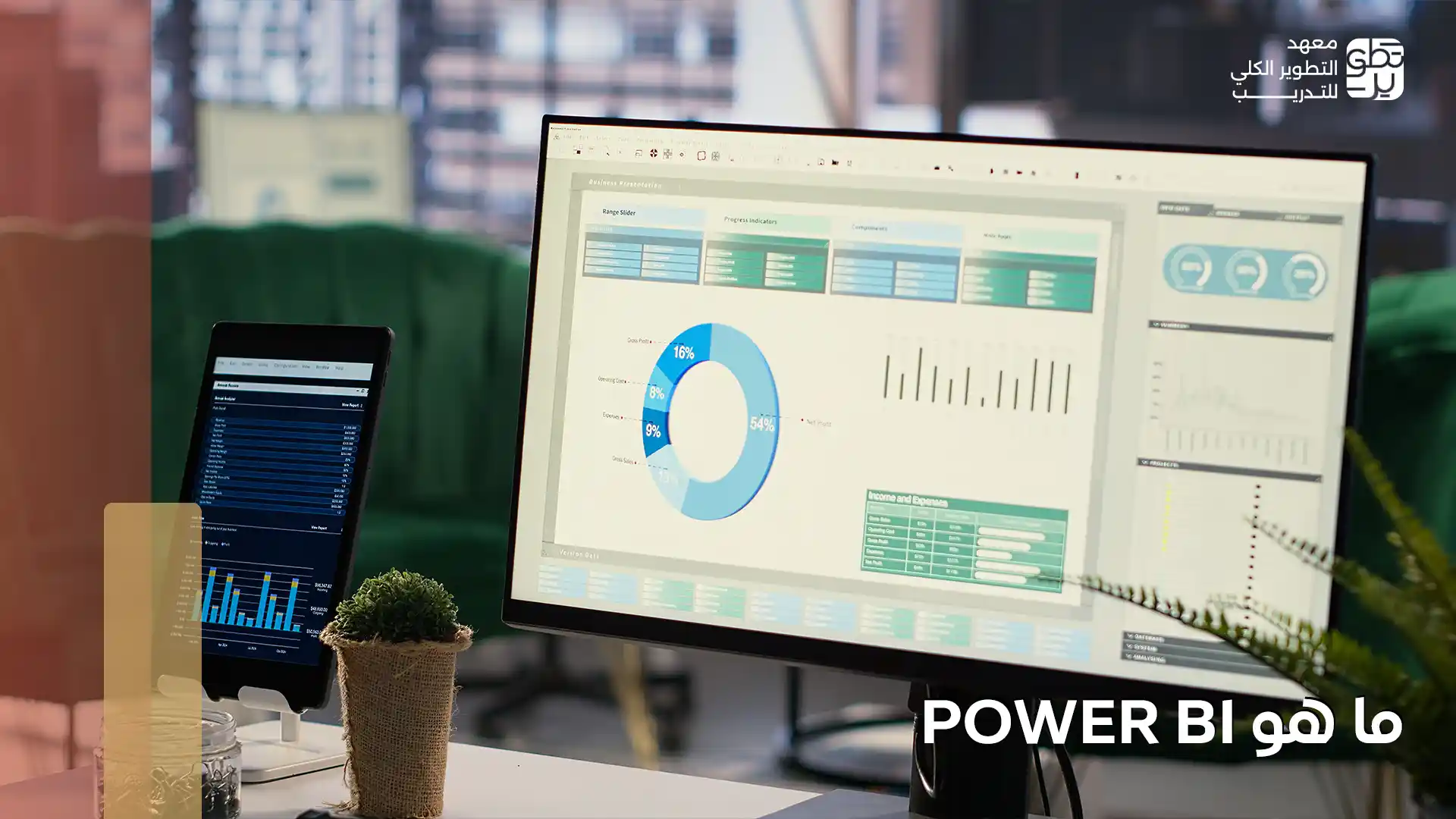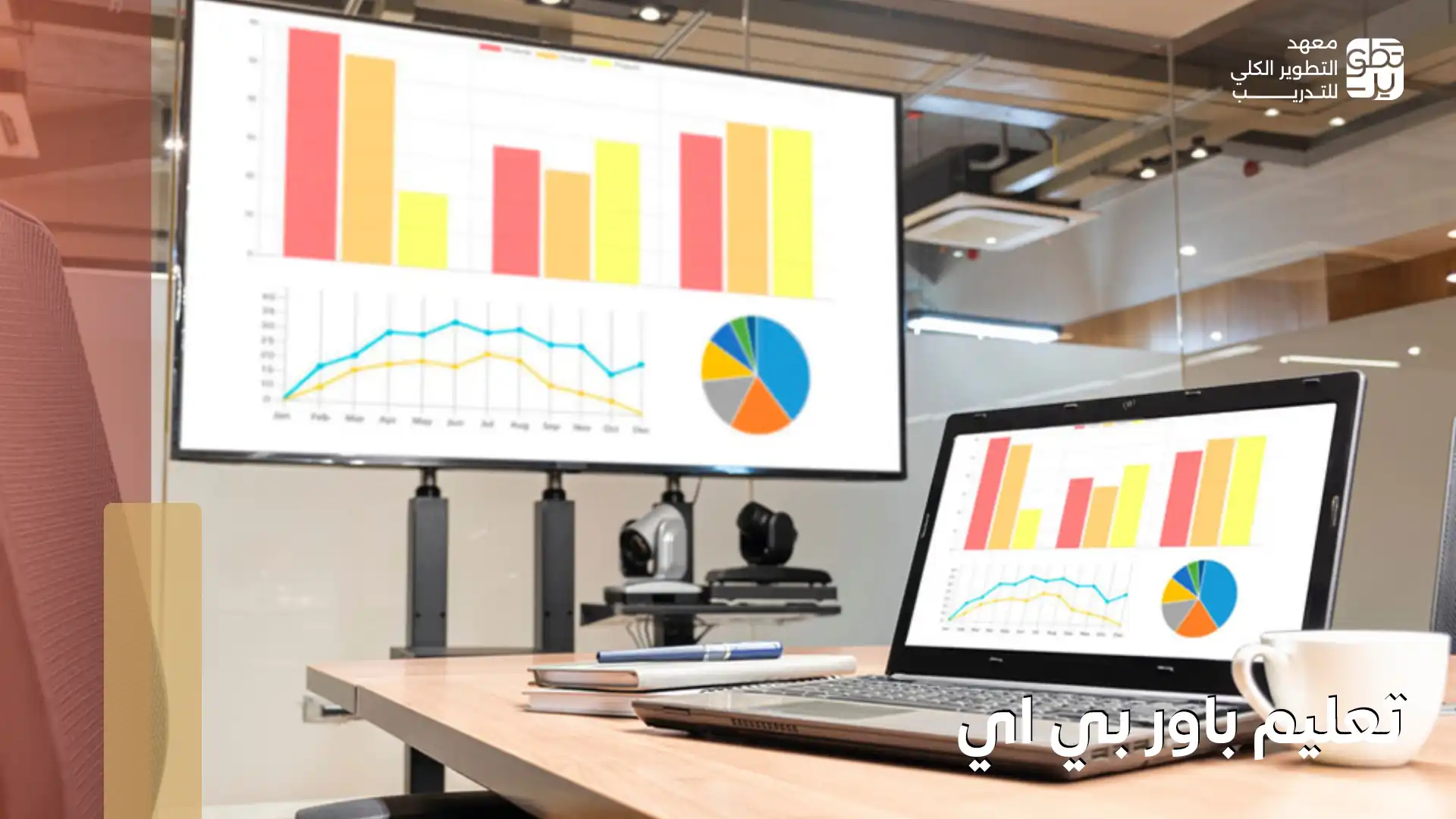
When a student completes their bachelor's degree, they begin to think about the next step to develop their academic and professional future. This brings up an essential question: What is the difference between a high diploma and a master's degree? Both represent advanced paths after the bachelor's, but each program has its own goals, features, and requirements that distinguish it from the other.
This article highlights the difference between a high diploma and a master's degree in detail, explaining the benefits and enrollment requirements for the high diploma, so that you can have a clearer picture to choose what suits you.
The Difference Between High Diploma and Master's Degree
To understand the differences more clearly, we can summarize the difference between a high diploma and a master's degree in the following points:
- Duration: A high diploma takes only one year, while a master's degree may extend to two or three years.
- Financial Cost: The high diploma is much less expensive than the master's, making it a more cost-effective option.
- Academic Focus: The high diploma focuses on practical application and training, while the master's degree focuses on scientific research and in-depth theoretical studies.
- Job Opportunities: The master's degree opens doors to academic positions or further PhD studies, while the high diploma is more focused on enhancing immediate career opportunities.
- Admission Requirements: Master's programs require strict academic standards, while the high diploma is more flexible and accessible.
Thus, the difference between the high diploma and the master's degree is not just in duration or cost but also in the main objective of each program. The former focuses on the job market, while the latter is geared towards scientific research and academic paths.
What Does Each Degree Mean?
After understanding the difference between the high diploma and the master's degree, we need to understand what each degree means:
- High Diploma: A specialized professional program that typically lasts one year after the bachelor’s degree. It focuses on practical courses, field applications, and skills needed in the job market. Here, the difference between the high diploma and the master's degree becomes clear, as the high diploma is shorter and more specialized for the job market.
- Master's Degree: An advanced academic program that usually lasts between two to three years (or sometimes longer), combining advanced courses with scientific research, a thesis, or a project. This clarifies the difference between the high diploma and the master's degree in terms of depth and research.
For example, you could earn a Master's in Business Administration, which covers a variety of topics like finance and marketing, but if you choose to study a high diploma, it means focusing on one subject, such as a high diploma in Human Resource Management.
In the following sections, we will explain the difference between the high diploma and the master's degree in more depth.
Outputs and Employment Opportunities
Post-graduation opportunities vary, and this is a key aspect of the difference between the high diploma and the master's degree:
- The high diploma enhances specific professional skills and helps graduates enter the job market quickly, enabling promotions or career shifts practically.
- The master's degree opens the doors to higher positions, research, and university teaching. It serves as a stepping stone for a PhD, which emphasizes the difference between the high diploma and the master's degree for those aiming for an academic or leadership career.
Continuing to a PhD
A pivotal aspect of the difference between the high diploma and the master's degree:
- The high diploma typically does not directly qualify you for a PhD; some universities may require additional preparatory pathways.
- The academic master's degree naturally prepares you for a PhD, and the thesis serves as foundational training, which is a fundamental difference between the high diploma and the master's degree for those planning to engage in advanced research.
Types of High Diplomas and Master's Degrees
For example, the high diploma is mainly divided into two types in education faculties:
- General Diploma: Awarded to those with a bachelor's degree or license and aims to prepare them for teaching.
- Specialized Diploma: An advanced level pursued after completing the general diploma in educational sciences, preparing the student for further specialization and the preparatory year for the master's degree.
Master's degrees are more diverse and include:
- Regular Master's: Combining theoretical and practical study.
- Research Master's: Focusing on preparing specialized research.
- Executive Master's: Aimed at working professionals who want to enhance their administrative or professional skills.
- Integrated Master's: A program that starts immediately after the bachelor’s degree, combining both the bachelor's and master's phases.
Master's degree programs also offer flexible study options, such as distance learning or evening and weekend classes, providing significant flexibility for students and professionals.
Benefits of the High Diploma
The high diploma is the best choice for students and graduates looking to enhance their practical skills in a short period. Some of the main advantages of the high diploma include:
- Shorter Study Duration: It can be completed in just one year, compared to the master's degree, which usually takes two years or more.
- Relatively Low Cost: This makes it suitable for those looking to continue their studies at a lower cost.
- Practical Focus: It emphasizes developing practical skills needed for the job market rather than focusing on research.
- Quick Employment Opportunities: Graduates are prepared to work in various fields without delving into academic research.
- Greater Flexibility: Students can easily balance work and study compared to the more intensive master's programs.
High Diploma Admission Requirements
Admission requirements for the high diploma vary from one university to another, but some common basic requirements include:
- A bachelor's degree from an accredited university.
- A good academic record reflecting the student's academic abilities.
- A certain level of English proficiency may be required if the program is in a foreign language, such as passing an IELTS or TOEFL test.
- In some professional programs, relevant work experience may be preferred.
On the other hand, master's programs usually have stricter conditions, such as a high GPA, a research plan, or passing an academic interview.
Why Choose the Master's Degree? And Why the High Diploma?
The difference between the high diploma and the master's degree depends on your goal:
- Choose the high diploma if you want quick practical skills, lower costs, and faster entry into the job market, or if you're seeking a career upgrade.
- Choose the master's degree if you're looking for in-depth knowledge, research qualifications, preparation for a PhD, or leadership and academic positions.
When to Choose the High Diploma?
The high diploma might be the best option if:
- You are looking to develop your practical skills in a short time.
- You want to enhance your chances of promotion in your current job.
- You don’t have the time or resources to complete a master's program.
- You aim to gain direct practical experience without delving into academia.
On the other hand, if you're aiming for a long-term academic career or planning to pursue a PhD in the future, the master's degree is the most suitable path. This again highlights the importance of understanding the difference between the high diploma and the master's degree before making a decision.
Tips for Making the Decision
To make your decision based on the difference between the high diploma and the master's degree:
- Define your professional goals for the next 3–5 years.
- Do you need immediate practical skills, or are you looking to build a deep research foundation?
- Review your budget and time; duration and cost are key factors in the difference between the high diploma and the master's degree.
- Study the admission requirements for each program, and consider flexible study options.
- Ask the job market in your field: Which degree is in higher demand right now?
By following this, the difference between the high diploma and the master's degree becomes a thoughtful and appropriate decision.
In conclusion, your choice between the high diploma or the master's degree depends on your future goals. If you're looking for practical skills and rapid career opportunities, the high diploma provides this with flexibility and at a lower cost. However, if you're focused on academic growth and scientific research, the master's program is the best option for you.
Thus, it is clear that the difference between the high diploma and the master's degree is not merely a difference in name or degree but a personal decision that shapes your professional and academic path for years to come.
Frequently Asked Questions
Is the high diploma higher than the master's degree?
No, the master's degree is a higher academic degree than the high diploma. The high diploma is considered an intermediate stage between the bachelor's and master's degree.
Is the high diploma equivalent to a master's degree?
No, the high diploma is not equivalent to a master's degree. It is considered an advanced academic qualification after the bachelor’s, and in some universities, it may serve as a preparatory step before entering a master's program.















































